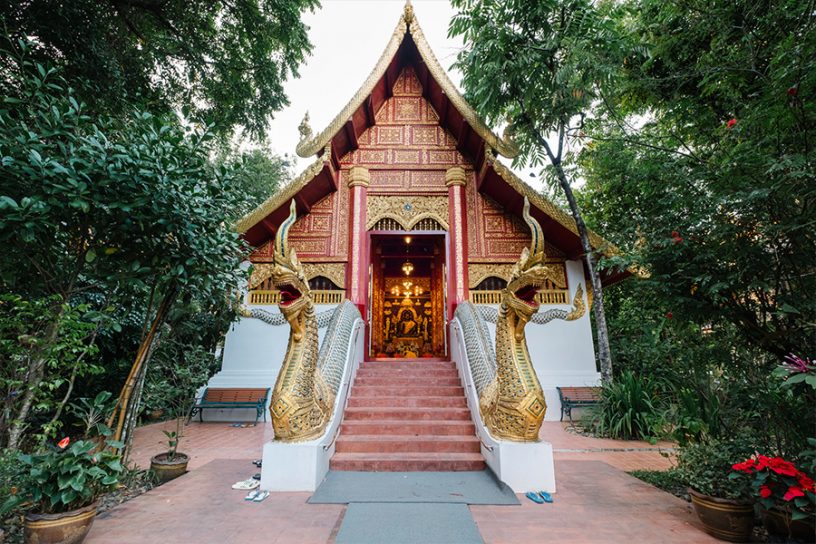
This article is an attempt to fill in the gaps between the understanding of soft power and cultural diplomacy through temple restorations.
Authors
Harsh Mahaseth, Assistant Professor at Jindal Global Law School, and a Senior Research Analyst at the Nehginpao Kipgen Center for Southeast Asian Studies, Jindal School of International Affairs, O.P. Jindal Global University, Sonipat, Haryana, India.
Udipto Koushik Sarmah, National Law University Odisha, Cuttack, India.
Shifa Qureshi, Department of Law, Aligarh Muslim University, Aligarh, India.
Summary
India’s pursuit of a position within the structure of Southeast Asian States has seen its most extensive ‘soft power’ campaign in all probability. One of the most effective forms of these soft power campaigns is its cultural diplomacy invoked through a shared cultural heritage with the Southeast Asian States. This cultural diplomacy takes the form of a multitude of instruments. However, the instrument of temple restoration as a form of cultural diplomacy is rarely analyzed irrespective of its steady presence in the last decades.
This article is an attempt to fill in the gaps between the understanding of soft power and cultural diplomacy through temple restorations. The authors in this article examine India’s restoration of temples across the Southeast Asian States as a form of its cultural diplomacy and analyzes the effectiveness of the same as an instrument of soft power.
In the first section, the authors examine the concept of ‘soft power’ and India’s efforts in the exercise of the same through the restoration of temples. In the second section, the author analyzes India’s exercise and development of ‘soft power’ with specific reference to how Buddhism enables India to develop its relations with Southeast Asian States.
In the third section, the author examines whether India’s cultural diplomacy through its restoration of temples has actually had a positive impact in developing India’s relations with other Southeast Asian States. Finally, the authors analyze whether there is any merit to a continuation of such measures of its cultural diplomacy as an instrument of its soft power.
Published in: India Review
To read the full article, please click here.


